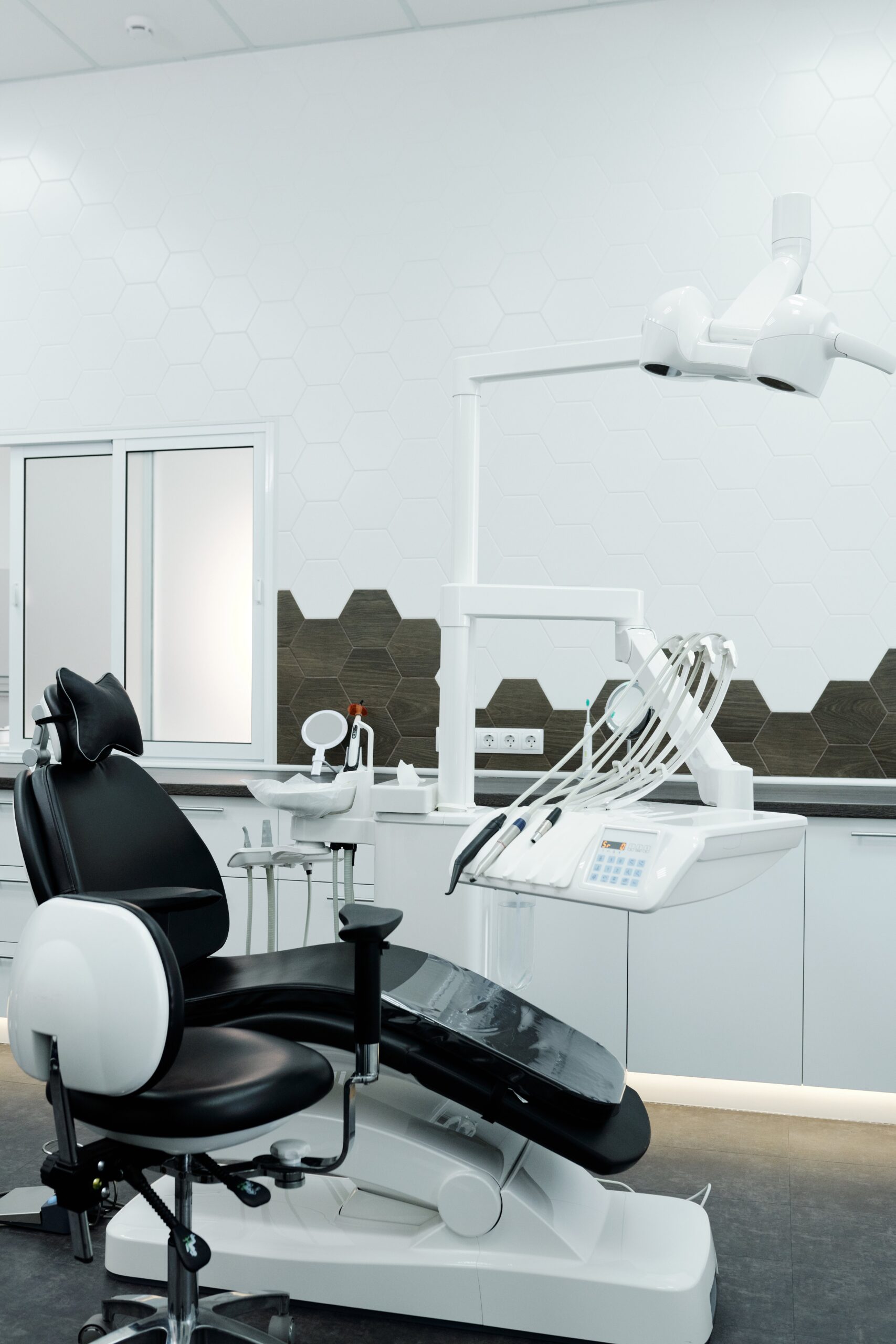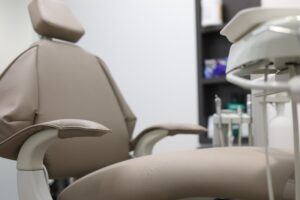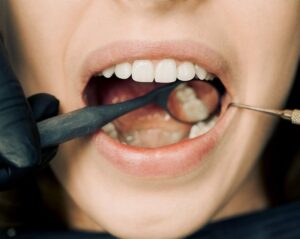
Introduction: The Importance of Regular Dental Check-Ups
In the broader spectrum of wellness, oral health holds a pivotal role in our overall wellbeing, often underestimated or overlooked. Regular dental check-ups emerge as a cornerstone in the proactive maintenance of oral health, contributing significantly to preemptive healthcare practices.
These routine visits extend beyond mere problem-solving; they offer a vital opportunity for early problem identification. Recognizing the mouth as the gateway to the body, regular dental check-ups become a crucial tool in detecting early signs of systemic diseases, such as diabetes and heart disease. In essence, these check-ups not only save you from potential future pains but also alleviate the financial burdens associated with untreated dental issues.
Furthermore, the thorough cleaning administered during these check-ups ensures your pearly whites maintain their gleam, preventing plaque build-up and fending off cavities and gum diseases. This proactive routine proves instrumental in addressing and curtailing potential dental problems before they escalate. As we explore the significance of regular dental check-ups, it becomes evident that these visits are not just about oral health; they are about safeguarding your overall health and wellbeing.
The Recommended Frequency of Dental Check-Ups
Among dental professionals, the consensus is clear: dental check-ups should ideally be scheduled every six months. This biannual rhythm is designed to keep our mouths healthy and ward off plaque, tartar, and decay.
The rationale behind this recommendation is rooted in the opportunity it affords dentists to closely monitor individual oral health, intervening promptly when potential issues surface. However, it is crucial to recognize that the biannual standard may not universally apply.
Specific cases may require more frequent visits. For instance, people who are at a high risk of dental diseases, pregnant women, smokers, diabetics, people with weak immune responses to bacterial infection might need to see the dentist more frequently. Remember, these recommendations are fluid based on your health conditions and lifestyle; it is essential to consult with your dentist.
Factors Influencing the Optimal Frequency of Dental Check-ups
The frequency of dental check-ups varies among individuals, and it is significantly influenced by lifestyle factors.
- Personal Hygiene Practices: If you brush twice a day, floss regularly, and have a mouthwash routine, you might be able to maintain optimal oral health with biannual check-ups. However, a lapse in these routines might necessitate more frequent visits.
- Dietary Habits: The food you consume can also affect your oral health. Frequent consumption of sugar-laden food and drinks can lead to tooth decay and other dental issues, warranting more frequent check-ups.
- Familial and Genetic Predispositions: If your family has a history of gingivitis, periodontitis, or tooth decay, regular check-ups become even more crucial. Some individuals, due to their genetic makeup, might be more susceptible to certain oral health issues.
Consequences of Infrequent Dental Check-ups
Neglecting regular dental check-ups can lead to both short-term and long-term ramifications.
- Short-term effects: Infrequent check-ups may result in unchecked plaque and tartar build-up, cavities, toothaches, and gum diseases. These could arise even within a span of a few months between visits.
- Long-term effects: Without regular monitoring, dental health might gradually degrade resulting in serious problems such as tooth loss, severe gum diseases, oral cancer, and even spread of infection to other parts of the body.
- Regular dental check-ups extend beyond your oral health. The mouth serves as a window to the rest of your body, and dental problems can be indicative of systemic diseases.
A Guide to Scheduling and Sticking to Your Dental Check-ups
To reduce dental health risks, it’s essential to make and stick to dental appointments.
- Strategies for scheduling your dental visits: Consider scheduling your next appointment while still at the dentist’s office. Set date reminders on your calendar, so you don’t forget.
- Overcoming common obstacles to regular dental visits: If dental anxiety is your roadblock, discuss it with your dentist. They can adjust treatment plans to ease your anxieties. To tackle cost constraints, explore dental insurance options, discount plans or dental schools offering low-cost services. If you can’t spare daytime, look for a practice that offers evening or weekend appointments.
- Advantages of pre-scheduling your appointments: Pre-scheduling can help ensure you don’t delay or miss appointments. Plus, it’s generally easier to remember an appointment when you’ve had it scheduled well in advance.
Conclusion
Putting off dental check-ups can have both immediate and long-term consequences for your oral health, and could lead to more serious health concerns down the line. So, prioritize and stay committed to your dental health by scheduling regular check-ups based on your unique needs. Remember, it’s always easier to prevent dental issues rather than treat them after they’ve developed. Regular dental visits are key to a healthy smile, so start early and see your dentist on routine.
Our Reading dental clinic is committed to providing you with a beautiful smile every time you visit us. Whether you need routine check-ups or any other dental services, our team of highly trained dentists is here to provide you with the highest quality care. Our aim at Smiles in Reading is to give you a smile that is both comfortable and respectful. With online appointment scheduling, you can now receive dental care of the highest quality. Our dental professionals are here to help you enhance your smile and teeth.


